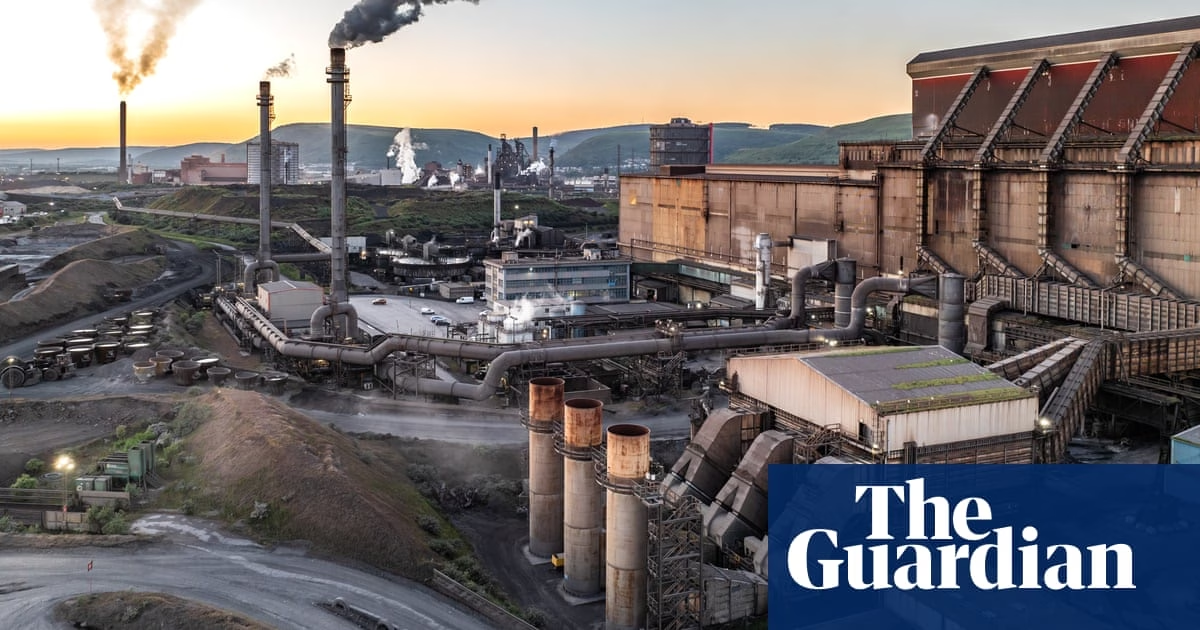The British steel industry is advocating for energy price caps for heavy industries to align with France and Germany, as companies navigate the fallout from Donald Trump’s trade war.
UK Steel, representing the industry, proposes that the government establish a maximum energy price through a contract for difference (CfD) before announcing a new steel strategy.
British steel producers and other energy-intensive industries have consistently identified high energy prices as a significant disadvantage for UK operations.
Statistics from UK Steel show that electricity costs for producers are up to 50% higher than in France and Germany. However, Baringa’s analysis indicates that UK businesses will pay roughly £68 per MWh for electricity this year, compared to £44 in France and £52 in Germany.
The UK steel sector is seeking support as it confronts a global steel supply surplus, notably from China, and the impact of Trump’s trade policies. The US president has imposed a 25% tariff on steel and aluminum producers to encourage domestic manufacturing.
Liam Bates, president of long products at Marcegaglia Stainless in Sheffield, emphasized the importance of affordable and reliable energy supply during challenging times.
The industry attributes the UK’s higher energy prices to its heavy reliance on gas-fired power generation, limited use of subsea cables for cheaper foreign electricity, and inadequate subsidy levels compared to competitors.
Under a contract for difference (CfD) agreement, the government would compensate energy-intensive industrial users for price increases beyond a set level, while companies would repay the difference if prices decrease. Setting energy prices similar to France’s would incur an additional 17p per MWh—translating to £51m annually between 2026 and 2030, according to Baringa—with potential for increased costs should more producers invest in the UK.
Industry advocates assert that this pricing mechanism would provide clarity and ease investment decisions. Nevertheless, the government’s willingness to adopt a policy that may result in significant costs remains uncertain. The Labour party has also committed to reducing industrial electricity costs in their election manifesto.
Frank Aaskov, UK Steel’s director of energy and climate change policy, highlighted Britain’s competitive disadvantage due to long-term high electricity costs. In contrast, European competitors benefit from government mechanisms that protect them from price hikes.
The UK government has allocated £2.5bn to invest in the steel industry, aimed at upgrading it for the transition to net zero steel production, including the transition from polluting blast furnaces to cleaner electric arc furnaces.
Some industry leaders suggest that government investment could be more effectively used to lower energy prices rather than directly backing specific technologies.
Additionally, some UK steelmakers are calling for “safeguard” tariffs to mitigate the impact of Trump’s levies and prevent trade diversion.
Source: https://www.theguardian.com/business/2025/mar/15/uk-steel-industry-energy-prices-trump-trade-war







